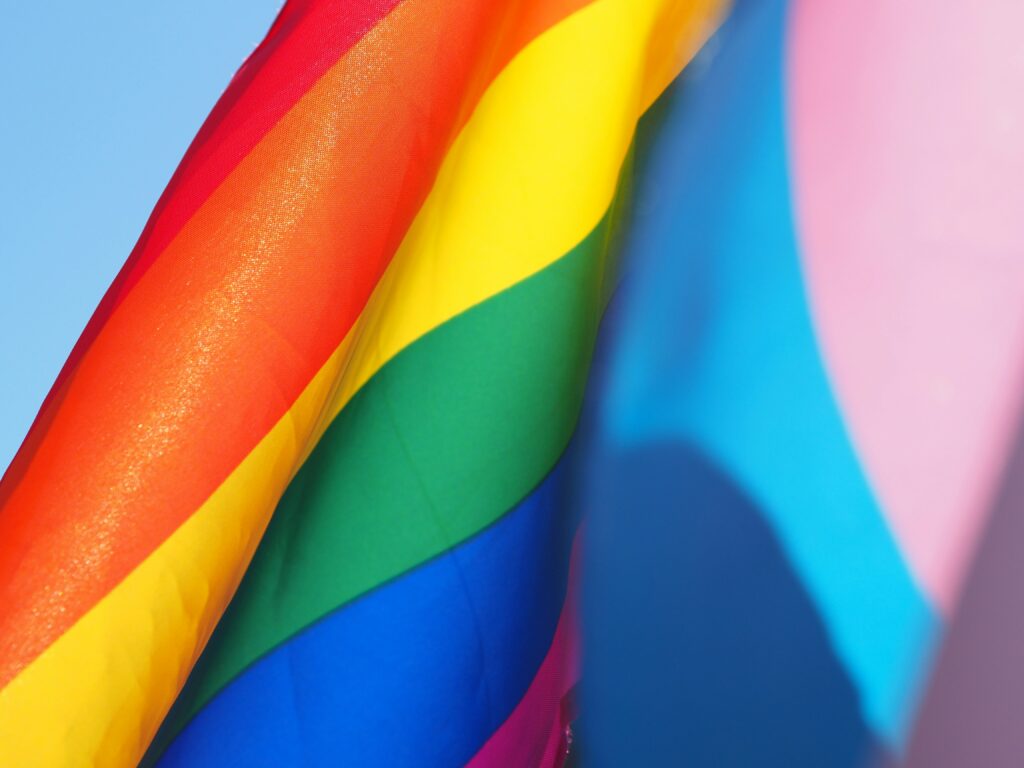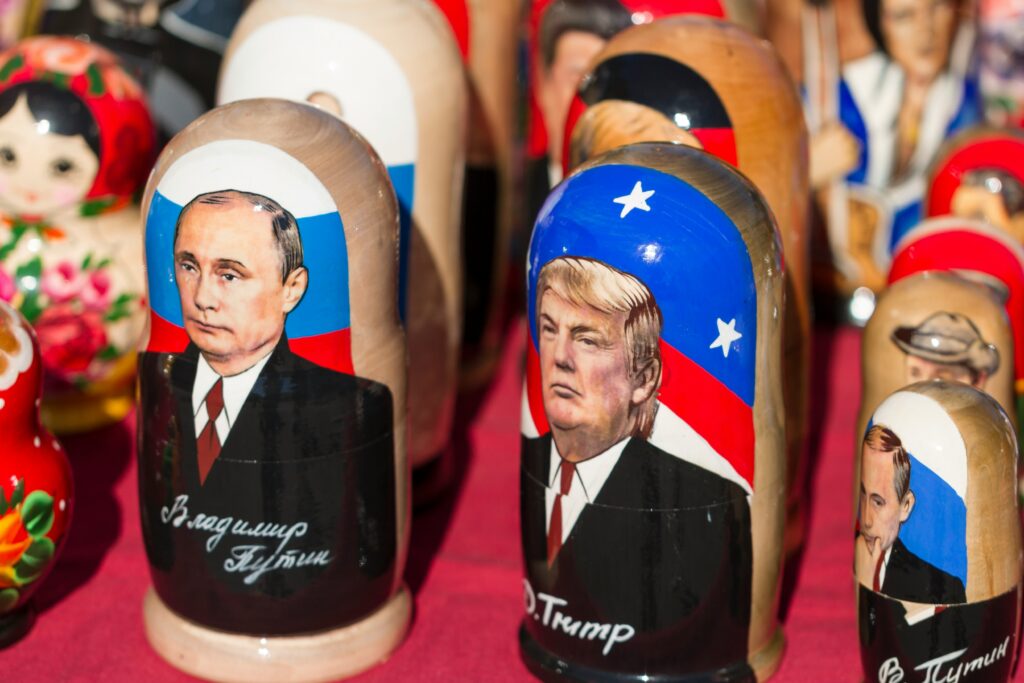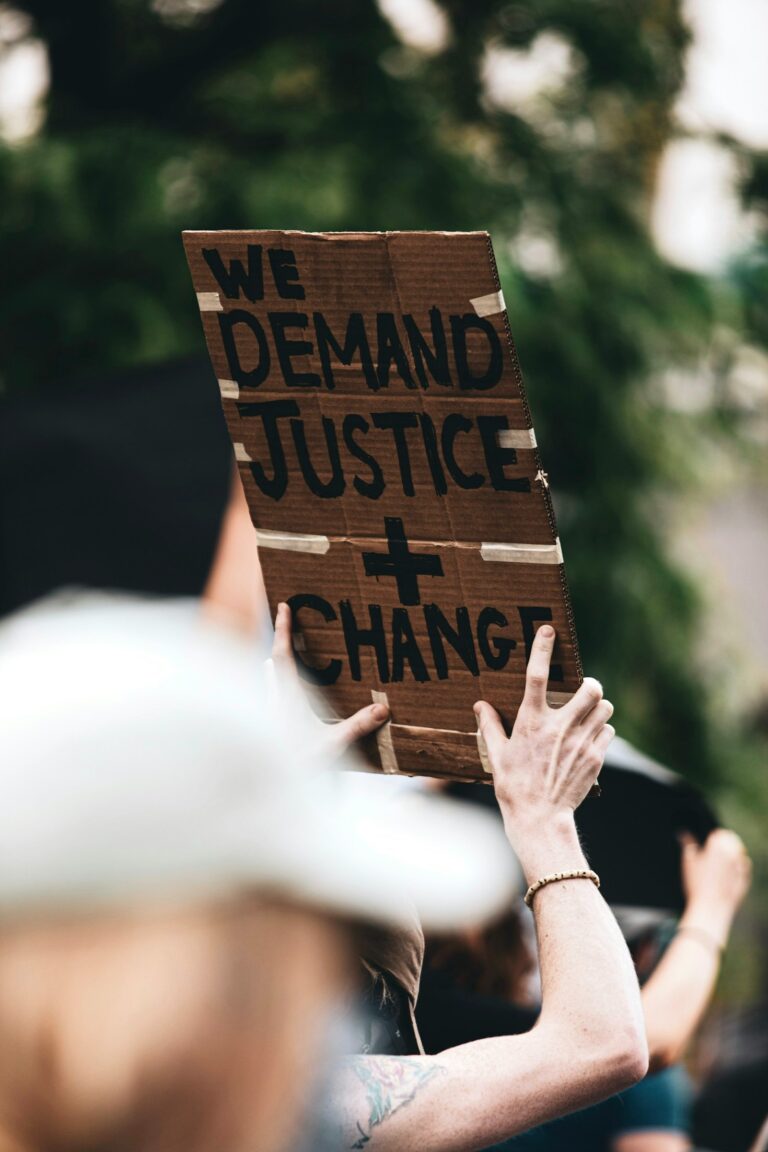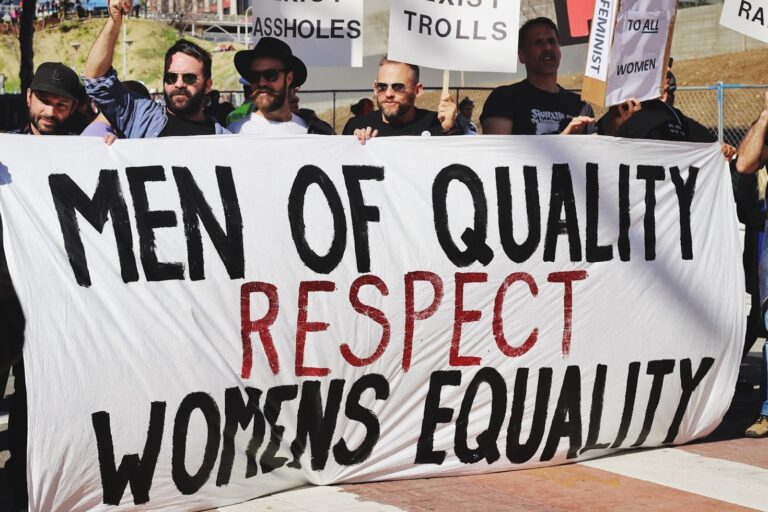
I’m 62 and have been married to my wife, Stacey, for almost 40 years–nearly two-thirds of our lives. Not long ago I came out to her as bisexual, just after realizing it myself. I had come to an understanding of this in my mid 20s, at the same time my first marriage was ending. With all of the pain and uncertainty of a separation and divorce, this was something I didn’t feel equipped to handle. I tucked the knowledge away, so deep I essentially forgot about it. I never lost the memory of that realization–I can picture where I was when it happened–but on the rare occasions I thought about it at all, I discounted it as unimportant or as a momentary daydream. I guess it took me almost 40 years to understand that straight people don’t daydream about not being straight.
So, for the majority of my adult life, I honestly thought I could reason, pray, or will myself into being someone else. I chased self-acceptance through religion, achievement, and the endless search for an identity that felt like home. I found pieces of it–in converting to Catholicism when I was about 40, and in reconnecting with my indigenous heritage later–but there was always something eluding me, something missing. I chalked it up to the trauma and sense of isolation that came from a childhood marked by physical abuse and addiction. Still, there was something else just out of reach–something important–I could never quite capture.
Looking back, it’s almost funny (and a little sad) how much of my life was quietly preparing me for the truth I wouldn’t let myself say out loud.
Breadcrumbs Along the Way
One of the many things that should have clued me in on this, but didn’t, was that queer love stories affect me the way romcoms affect my wife. To this day I haven’t seen “Brokeback Mountain”–not because I shared the outrage of Evangelical Christian and conservative Catholic friends and family at the affrontery of a queer love story in the cinema–but because, having heard the about the powerful performances turned in by Heath Ledger and Jake Gyllanhall, and no one rides off into the sunset, I knew it was going to be beautiful and almost unbearably sad. My general attitude toward very sad stories is that I have enough of my own without taking on someone else’s. It doesn’t mean I never watch dramas, or that I’m never affected by them, but some films, like “Legends of the Fall,” “The Piano,” and “Brokeback Mountain,” are just too, too sad.
If you’d asked me even a couple of years ago, I would have said that stories of queer experience were meaningful to me because I cared about justice and representation. That’s true, but it wasn’t the whole truth. There were pieces of my own self—hidden, wordless—that resonated every time I saw honest queer storytelling. But it took decades for me to realize I was responding to something in me.
I still tear up thinking about the scene in “Schitt’s Creek” where David uses a wine analogy to explain his pansexuality. At the time, it made sense, but I was just “interested” in how it was portrayed—I didn’t know it was describing what I’d always felt. The twin tenderness and bravery of David and Patrick’s love story also moved me in a way I couldn’t explain. I’ve realized since that it didn’t just move me; it helped me find language for who I am.
It wasn’t just that show. The platonic love story in “Stan,” a Laurel and Hardy biopic, struck me as profoundly beautiful—the kind of deep, life-changing love between men that I’d rarely seen portrayed. I spent the entire run of the movie wiping away tears, with no idea why. The powerful queer love story of Bill and Frank in The Last of Us—also moved me profoundly. I watched the episode twice in a row, and when I finally put things together about my own sexuality, I watched the episode again to help me understand what I was feeling.
The Colorblind Metaphor
I’ve described it to friends as feeling “colorblind” all my life. I’ve physically lived with colorblindness—my world literally muted, missing shades I’d never experienced, but not fully realizing what I was missing because it was all I knew. Coming out felt like suddenly seeing that the world, that love itself, is so much bigger and more vibrant than I’d ever understood. Not just because I can experience attraction for men, trans, and nonbinary people, but because I finally see that love, not just sex, is limitless in its possibilities. I still love my wife, and we’re still together; in fact, this experience has brought us closer because it demanded radical honesty from both of us. We’re still in a monogamous relationship, and it’s where I want to be.
Mixed Heritage, Hidden Truths
My mother’s life and choices made it clear just how unstable and conditional any “safety” or acceptance was. It didn’t matter if she could sometimes pass; the wrong question at the wrong time could open up a floodgate of bigotry or suspicion. For her, hiding was never really about pride or survival—it was about buying time in a world that was always happy to find the Black sheep in the family. That lesson became part of my DNA. Even now, as old forms of purity tests and gatekeeping are re-emerging, I know I could never really erase my footprints or story.
Digitally, everything about my background is a matter of public record. I used to work in media, and with a few clicks a determined stranger could find my family tree and evidence of my Afro-Caribbean roots. There are portraits of my grandfather—a prominent Black Barbadian—easy to find. One of my mother’s half-brothers was a prime minister and even ended up on the country’s currency. Heritage isn’t something I could hide even if I believed it was the “smart” move.
This complicated heritage means I sit at the intersection of multiple targeted communities: Afro-Caribbean, Cherokee, and now as an out queer person. That doesn’t make me special or more vulnerable than anyone else, but it does give me a sense of clarity: I am always “in the crosshairs,” and hiding would only ever buy me time. Sometimes, not even that.
My mother’s passing—alone, confused, and isolated during COVID—closed a chapter that was as much about unspoken pain as it was about survival. She and I never fully reconciled our differences or all the hurt that passed between us, but in the last conversation before she died, all she wanted to say was that she loved me. It wasn’t a happy ending, but it was enough.
Finding Grace in Complexity
It’s taken decades for me to realize that the point isn’t to “claim space” I haven’t earned or to apologize for the way I move in the world. The mixed-race experience is its own place—sometimes not enough for one group, too much for another, often discounted altogether. My job isn’t to prove myself or speak for every community I intersect—it’s to witness, to listen, and to refuse the lie that hiding will keep anyone safe.
I’ve seen first-hand how passing, or self-erasure, eats away at self-worth. My brother, light-skinned and desperate for acceptance, built a whole persona of “redneck” bravado and hostility—a role that brought him no peace and only alienated him further. My mother, caught between her heritage and her longing for acceptance, suffered in silence and sometimes turned her pain outward.
Seeing their pain and the cost of hiding gave me the courage to take a different path—to say that my truth, however complicated, deserves the light.
Coming Out: The Deeper Realization
The best way I can describe coming out—not just as queer, but as a person refusing to hide—is this: it’s like finally seeing the current of love, hope, and identity that was flowing not only under the surface of my life, but reaching back through family history, story, even hurt. The joy I’ve found in coming out is about so much more than sexual attraction or identity categories. It’s about being able to name and accept the wholeness of who I am, and to love myself for surviving and growing through all of it.
I realize now that my journey is about claiming a voice, not just for myself, but as a witness—a call to anyone who thinks hiding will keep them safe. The regime doesn’t care how quietly you live; when fear comes for people, it always comes for those who are marked by difference.
Wholeness, Not Regret
For the first time, I see that everything I lived through—the confusion of mixed identity, the decades in rigid religious spaces, the years of silence—wasn’t wasted. It was all a necessary journey toward this moment, this sense of peace and acceptance.
I’m done living in regret. I’m choosing grace, for myself and the people who hurt me. Life is too short, and all the pieces, painful and joyful, add up to a whole I wouldn’t trade.
If you are still waiting to become who you are, I hope my story helps you see that it’s possible—even after years, decades, or a lifetime of hiding. You can come home to yourself, piece by piece, and everything you’ve lived will matter.


